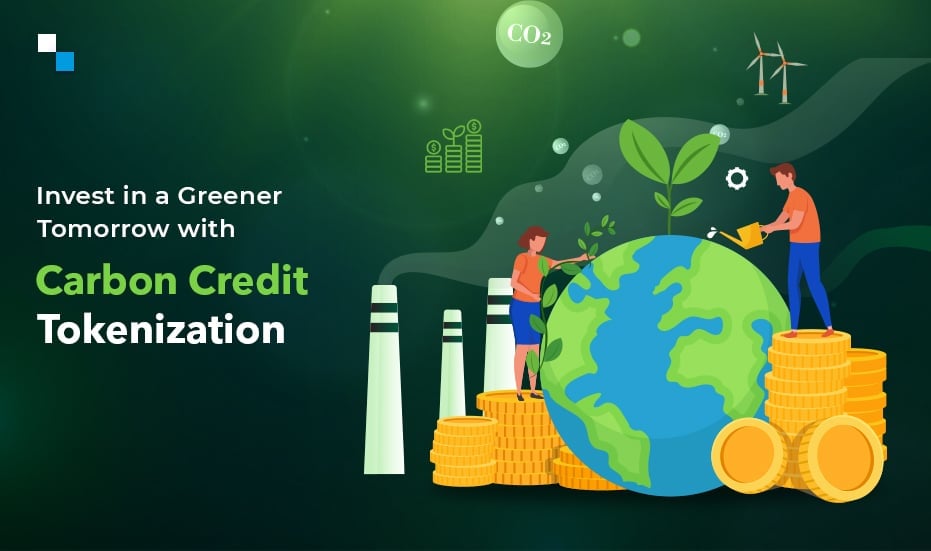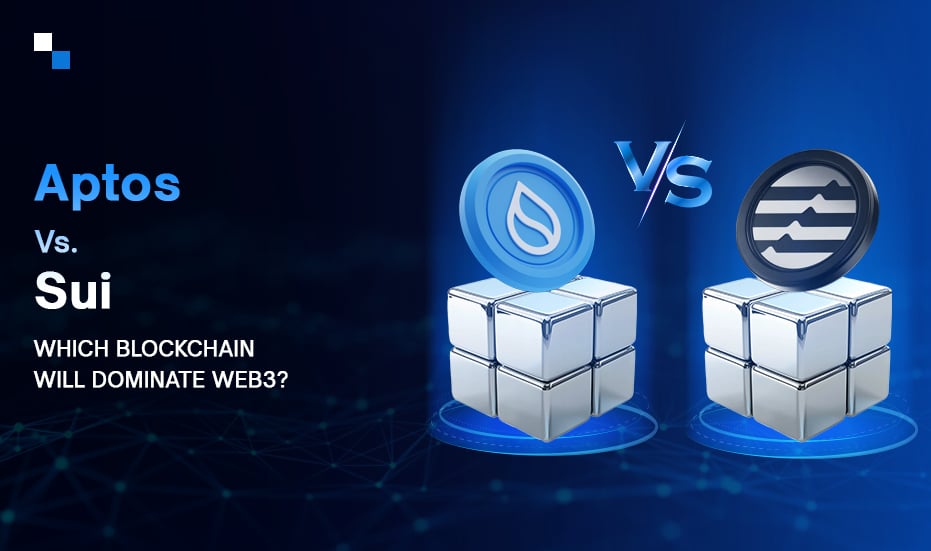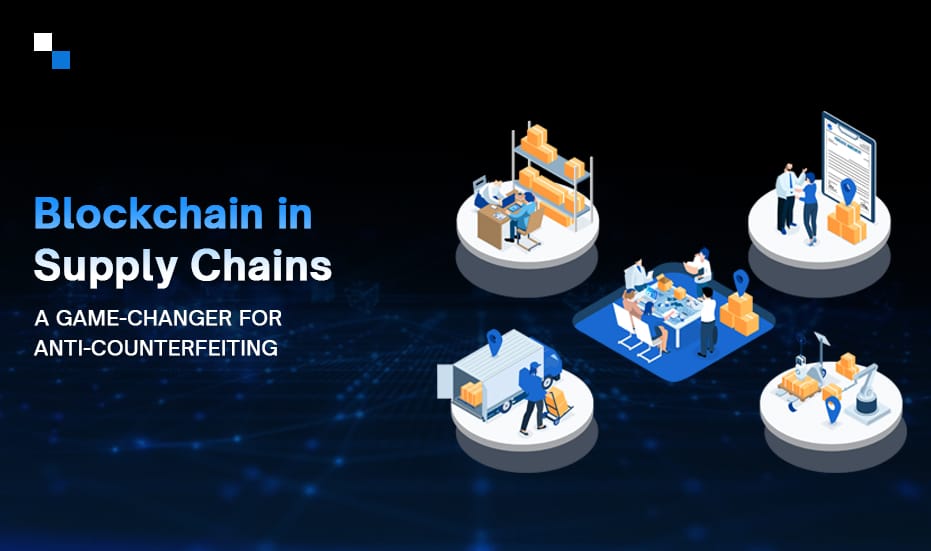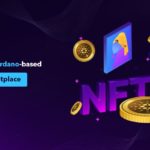The urgency to combat climate change has led global institutions to introduce innovative solutions and carbon credit is one of them. Carbon credit has emerged as one of the groundbreaking solutions that help measure the GHG emissions removed from the atmosphere. Nowadays, companies work collaboratively to reduce their emissions and achieve environmental sustainability using the carbon credit Blockchain development approach. However, the standard carbon market is complex and is vulnerable to several frauds or scams. In such a case, carbon credit tokenization is considered a prominent solution that helps streamline the carbon credit market, bring transparency, and enhance its effectiveness in reducing global carbon footprints.
In this blog, we will explore the concept of carbon credit token development, its benefits, and some real-world examples, highlighting the importance of this innovative approach to addressing climate change.
Understanding Carbon Credits
Before we discuss carbon credit tokenization, let’s grasp a better understanding of carbon credits.
Carbon credits or carbon offsets are permits that enable businesses to emit a certain amount of GHG or carbon dioxide. One carbon credit is equivalent to 1 ton of CO2 or carbon dioxide. Carbon credit development is an international effort to mitigate climate change.
Companies that emit carbon are awarded credit that enables them to continue to emit up to a certain limit. Companies can also sell their unrequired carbon credits to other companies that are in dire need of them. In this way, companies are doubly incentivized for carbon emission reduction. First, they need to spend money on extra credit if they exceed the emission limit, and second, they can make money by selling their extra unneeded credits.
What is Carbon Credit Tokenization?
The Basics of Tokenization
Tokenization is a process of converting real-world assets into unique digital tokens on Blockchain. Tokenization plays a great role in bringing transparency, efficiency, and accessibility to the traditional financial system, making it a strategic step toward revolutionizing the carbon credit market.
Carbon Credit Tokenization Explained
Carbon credit tokenization is the process of creating digital tokens on Blockchain that represent carbon credits. One can easily buy, sell, and trade these credits like other digital assets in the Blockchain space.
Steps for Tokenizing Carbon Credits
The process of tokenizing carbon credit involves a number of stages –
- The process begins with simply verifying and quantifying the carbon emission reduction achieved by a particular project.
- Once the data is verified, it is then recorded on Blockchain. The data stored on the Blockchain becomes immutable that restricts the changes by the unauthorized users. It will also remain transparent to everyone in the network.
- Tokens representing carbon credits are further issued via smart contracts on Blockchain. Smart contracts automate the issuance and transfer of carbon credit tokens that not only save time and resources but also make the transactions more efficient and reliable.
- Once carbon credits are tokenized, these digital assets can be easily bought, sold, and traded.
Companies seeking a better way to offset their carbon emissions can easily purchase these tokens and take a step toward building a greener future. There is no second thought that carbon credit token development opens new ways for individuals and businesses to engage in sustainable practices.

Benefits of Carbon Credit Tokenization
Carbon credit token development is a revolutionary step to streamline the voluntary carbon market. Below, we have covered the benefits of carbon credit tokenization, highlighting its importance in the carbon market.
- Fractionalization
Carbon credit tokenization also promotes the fractionalization of credits. Tokenized carbon credits can be divided into units smaller than one metric tonne just like a currency. It helps small-scale carbon projects to offset their carbon footprint.
- Build a Healthier Market
Carbon credit tokenization reduces the counterparty risks and helps build a more efficient market for individuals and organizations. Trades can be settled without any delay. Buying and selling carbon credit also becomes convenient with carbon credit token development as there is no need to set up an account or get approval. Retirement can also be done in a few minutes which usually takes a few months.
- Liquid Marketplaces
Liquidity refers to the ease with which an asset can be traded for cash. Carbon credit token development also helps build liquidity for the illiquid carbon market. With Blockchain technology, aggregating the carbon credits with similar attributes is easier that further helps build more liquidity and set a fair price for the asset.
- Efficiency & Disintermediation
Intermediaries like middlemen or brokers in the existing voluntary carbon market often educate buyers, create carbon credits, and retire them on behalf of the purchaser. However, they charge a high amount of fees for their services. Additionally, they buy carbon credits from developing nations at a cheap price and often sell them at an inflated price (sometimes it is three times the original value).
Carbon credit token development eliminates the need for intermediaries which are the major key drivers of costly and delayed transactions. Blockchain reduces the risk of fraud to a great extent as there is no need to trust the third party for the transactions.
- Eliminate Double Counting
Double counting is one of the common issues in the carbon credit tokenization process. Double counting claims refer to different sustainability claims levied on the same carbon credit. The decentralized and distributed public ledger of Blockchain also makes it easier to locate double-counting claims that are usually one of the major issues in the voluntary carbon market.
Conclusion
When it comes to making the carbon market transparent, open and efficient, carbon credit tokenization has emerged as a vital tool. Today, companies are aware of the importance of this concept and are actively looking for a company that can assist them in the carbon credit token development journey. Antier is a leading carbon credit Blockchain development company, specializing in carbon credit token development. Our company enables businesses to drive sustainable growth and take a step towards a greener future.





